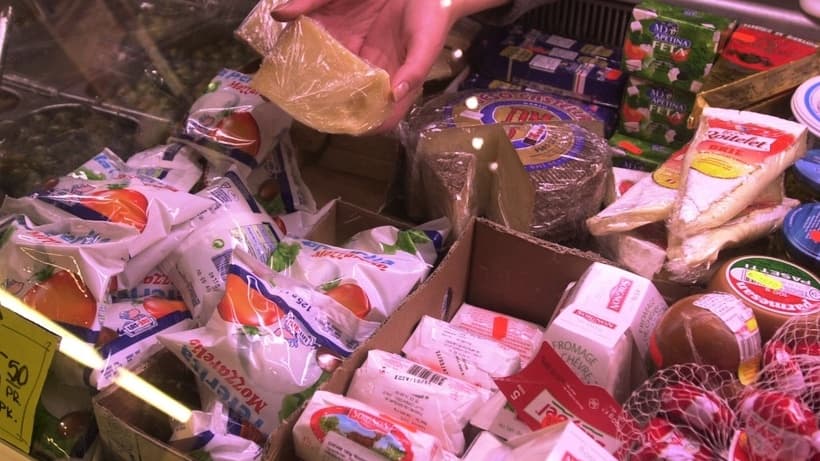Recalled food products have reappeared in the news this summer, reporting on listeria in salads and salmonella-contaminated eggs. However, even though food recalls, according to the National Food Agency, are becoming more common, it should be seen as a good sign and not interpreted as something going wrong.
Rather, it means that the food producer has done their job, performed their routine checks, found the contamination, reported it, and then recalled the product with suspected contamination to protect us, says Jonas Toljander, risk and benefit assessor at the National Food Agency.
Thanks to the fact that food producers routinely test animals, kitchens, and other facilities where food is handled for bacteria, for example, fewer than one percent of Swedish animals are infected with salmonella. Which is good compared to other countries.
Completely protecting food-producing animals from salmonella bacteria is, according to Maria Lundh, veterinarian and infection control officer at the Board of Agriculture, not realistic since they are a natural part of our environment.
We cannot eradicate salmonella in nature, so it's a sign of strength that we catch it in our controls, which leads to measures, she says.
Better at Reporting
Despite better testing and later recalls, the number of reported cases of listeria infections at the Public Health Agency is increasing. A figure that Jonas Toljander believes represents an improvement in reporting infections to the authorities.
But the increase is also due to the fact that the elderly population is growing in Sweden. Compared to other risk groups, such as pregnant women, the elderly are worse at taking advice on being cautious with certain products with long shelf life, he says.
According to Jonas Toljander, listeria is a cunning bacterium that is also found everywhere. It has the ability to enter kitchens, stick to kitchen machines, and sneak into ready-made salads, sliced meats, and smoked salmon that are prepared there.
Increased Supply of Ready-Made Food
Another explanation for the increase may come from the Swedish University of Agricultural Sciences (SLU), whose research has shown a link to the increased supply of ready-made food and listeria.
The culprit is pre-washed leafy greens in bags that are then used in sandwiches and pasta salads, which are now popular lunch alternatives in food stores.
Corrected: In an earlier version, an incorrect time period was stated in the fact box
ICA: Sandwiches containing listeria
ICA: Prawn salad and baguette containing listeria
Saltå Kvarn: flour containing mold toxins
ICA, Axfood, and Lidl: eggs containing salmonella
ICA: gorgonzola containing listeria
Smak av Gotland: lamb meat containing salmonella
Source: National Food Agency






